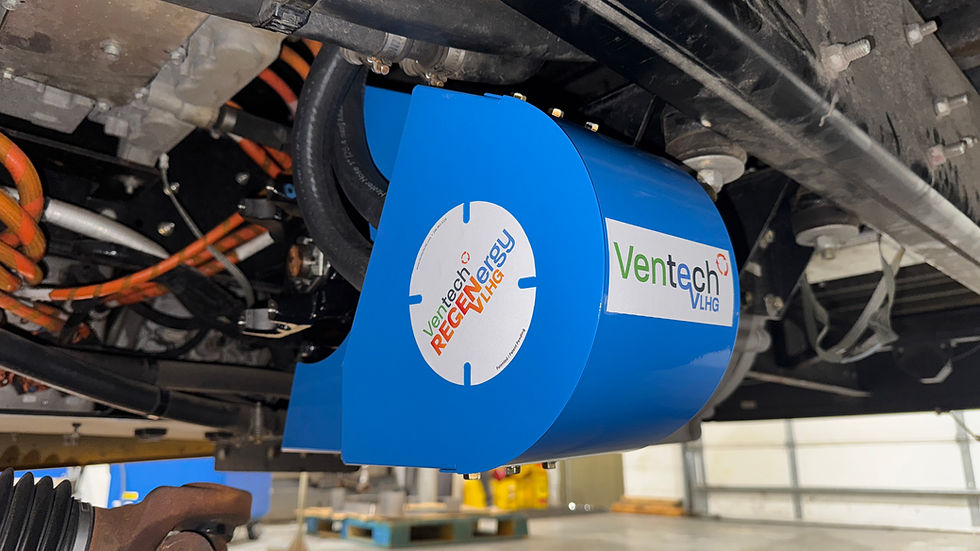Gas Truck or Diesel Truck?
- Jeremy Sanger
- Oct 30, 2024
- 3 min read
Updated: Apr 9, 2025

While we could discuss the pros and cons of owning a gasoline truck over a diesel truck, this has been debated many times by many others. We did find a good overview of this debate penned by the folks at KYD (Keep Your Daydream). You can read it here: https://www.keepyourdaydream.com/diesel/.
So, if it’s all been covered, why are we approaching the subject in our blog? Because the LHG is a factor that KYD and others were not aware of when they did their reviews, a factor that may affect your take on the Gasoline or Diesel debate.
Pros and Cons
Amongst the pros for diesel trucks are: fuel economy, longevity, and higher resale value.
The biggest con against diesel trucks is affordability – specifically, the cost of fuel, DEF, and emissions maintenance.
Affordability, the Big Negative

In the category of affordability, the gas truck often wins over the diesel truck, and maintenance is a large part of it. KYD’s article states: “The exhaust gas recirculation system (EGR) that reduces harmful emissions from diesel engines has a definite downside. The parts tend to clog up and need replacement over time, and the components of this system are expensive.”
A diesel engine does not warm up as quickly or maintain operating temperature as easily as a gasser. This is especially true when it is appreciably cold out, and the engine is under light load (not hauling) or under no load (idling). Also, in the more extreme cold temperatures of the North, diesel trucks will often lose engine/water jacket heat even when under normal load.
How does this affect affordability?
Running a diesel cold translates into poor combustion. Poor combustion results in loss of power and lower fuel efficiency (https://www.bellperformance.com/bell-performs-blog/blog/carbon-buildup-in-diesel-engines), increased regens, increased DEF usage, extended warmup time, and/or extended idling for comfort and drivability (https://www.youtube.com/watch?v=24-ddgtz7jE).

Perhaps more importantly, poor combustion conditions create soot and other unburned fuel elements that build up and clog emissions systems and other essential parts like your turbo (https://costeffective.com.au/2017/03/05/cat-cummins-mack-detroit-oil-soot-carbon-and-blowby-issues/). This will result in the need to repair or replace expensive engine and after-treatment components. (photo credit: https://trends.nauticexpo.com/project-31169.html)
It's pretty clear that burning more fuel costs more money, using more DEF costs more money, and coating engine and after-treatment parts with soot and unburned fuel (“wet stacking” https://en.wikipedia.org/wiki/Wet_stacking) decreases efficiency, costs more money, and can result in expensive repairs.
Is the Ventech LHG a Game Changer
There is a way to mitigate the problems and expenses caused by running cold: Make sure your truck is up to operating temperature as quickly as possible and maintains operating temperature when running light or at idle. This will help the engine burn cleaner and reduce the production of soot and unburned fuel that will coat and clog engine parts and emissions systems.
The Ventech LHG (Liquid Heat Generator) is designed to do exactly this. To assist your engine with supplemental heat production when necessary.
How to find out more
Here are some links to help you research the functionality and benefits of the Ventech LHG for your truck:
Truck Master Videos about running cold:
A Side-By-Side Truck Heat Test:
Ventech LHG light-to-medium-truck web pages
If you're deciding between a diesel and a gas truck or you just want to get the most out of your existing diesel engine, consider the benefits of adding an LHG.




Comments